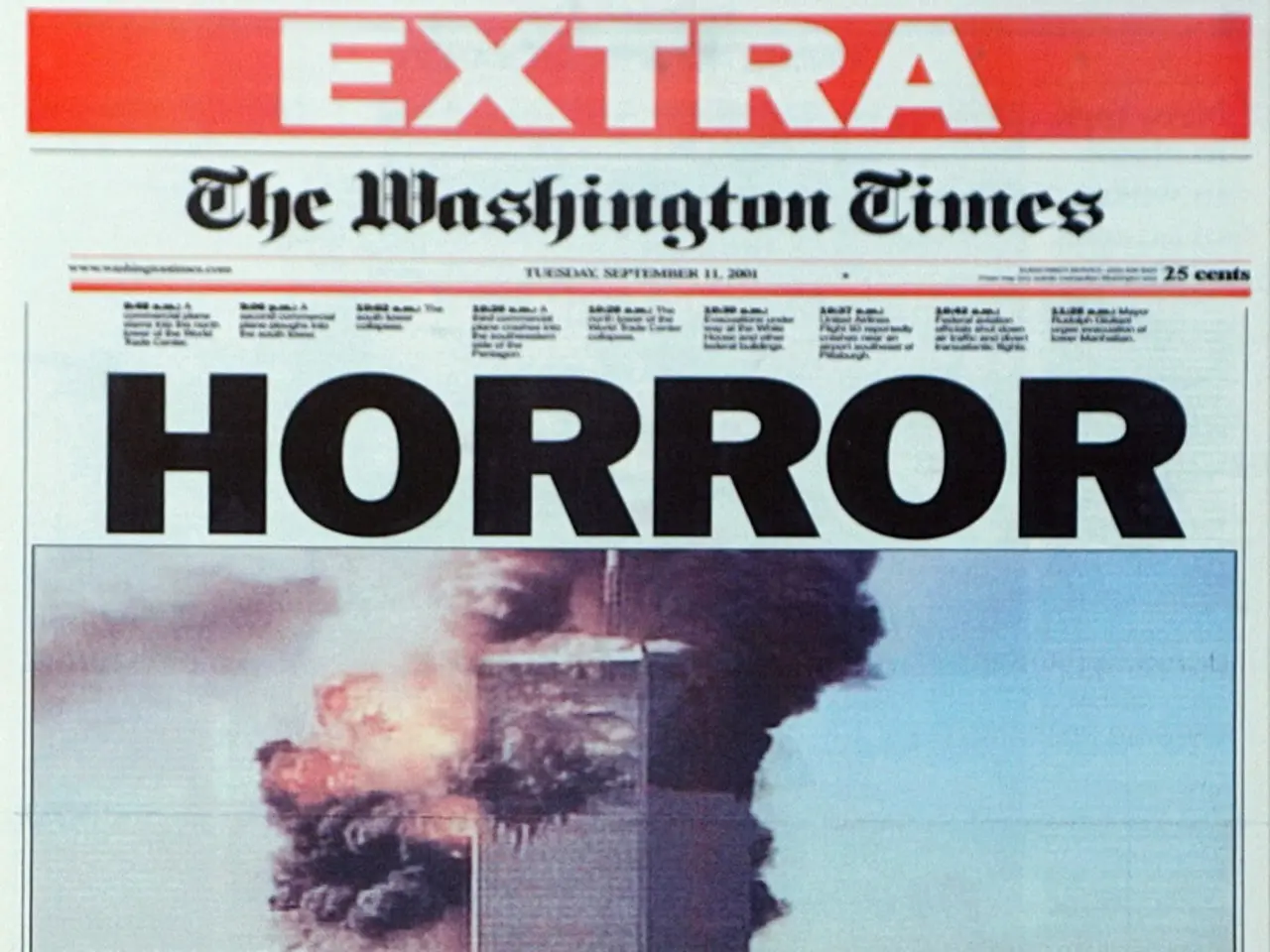Political dispute ignited over Congress sharing a social media post that equates 'Namaz' with 'Kanwar Yatra'
A political storm has erupted in India following a controversial Facebook post by senior Congress leader Digvijaya Singh. The post, which has sparked sharp reactions, features two images: one showing the annual Kanwar Yatra causing road blockages, and another showing a policeman kicking a man offering Namaz on the street. Singh captioned it "One country, two laws," implying a perceived discrimination in the application of laws between Hindu and Muslim religious practices.
The BJP and the JDU have been quick to criticize Singh's post. BJP leaders accused him of attacking Hindu traditions and engaging in appeasement politics. They demanded an apology, with BJP leader Vishwas Sarang going so far as to label Singh derogatorily as "Maulana Digvijaya Singh," suggesting he favors Muslim causes while opposing Hindu ones.
In response, the Madhya Pradesh Congress and former minister PC Sharma defended Singh, clarifying that his intent was to highlight the constitutional principle of equality for all citizens, rooted in Dr. B.R. Ambedkar's vision. Sharma emphasized that issues arising during public religious events, whether Hindu festivals like the Kanwar Yatra or Muslim Namaz gatherings, should be solved through dialogue rather than harassment or passive police action.
The controversy remains politically charged, with the BJP condemning Singh's remarks as offensive to Hindu sentiments, while the Congress maintains he is raising legitimate concerns about equal treatment and constitutional rights. The debate highlights ongoing tensions around religious symbolism, public space use, and perceived selective law enforcement in India.
Notably, the photograph used in Singh's post depicts two parts: one shows the Kanwar Yatra with a saffron background, and another shows Muslims offering prayer (namaz) on the roadside with a green background. The portion showing Muslims offering namaz is from New Delhi, as indicated by a signboard showing direction on the road.
Sarang, a senior BJP leader and Madhya Pradesh Minister, accused Singh of questioning the Hindu religion and festivals, and also of aiming to create controversy over the Kanwar Yatra. He urged Singh to apologize for his controversial social media post.
As of now, Digvijaya Singh has yet to comment on the BJP's allegations. The Congress, in a counter move, shared a photograph titled "Ek Desh Do Kanoon" from their official social media account, echoing Singh's sentiments about equal application of laws in the country.
This is not the first time Singh has been targeted by the BJP. Sarang has previously accused him of disrespecting the holy Kanwar Yatra and of showing affection for Pakistan and a particular community. Sarang also claimed that Singh was the originator of the term "Hindu Aatankwad."
The ongoing controversy serves as a reminder of the sensitive and polarized political climate in India, where religious symbolism and public space use continue to be contentious issues.
- The ensuing debate related to the political landscape in India continues to be charged, with both the BJP and Congress discussing issues such as 'politics,' 'general-news,' and 'crime-and-justice' as they spar over the controversy sparked by former Congress leader Digvijaya Singh's Facebook post.
- Amidst the ongoing debate, 'crime-and-justice' concerns have arisen as both parties grapple with perceptions of selective law enforcement, emphasizing the need for equal treatment based on constitutional rights, a theme central to the broader discussion on their general-news and political agenda.






